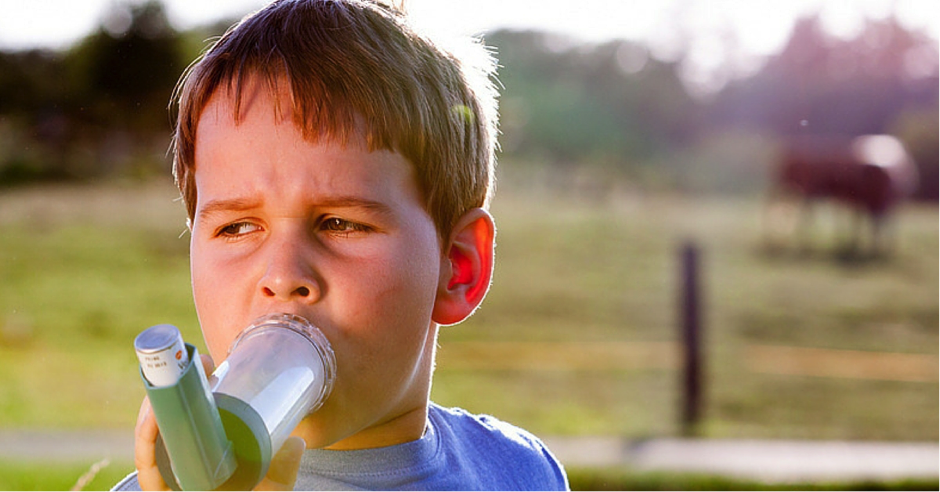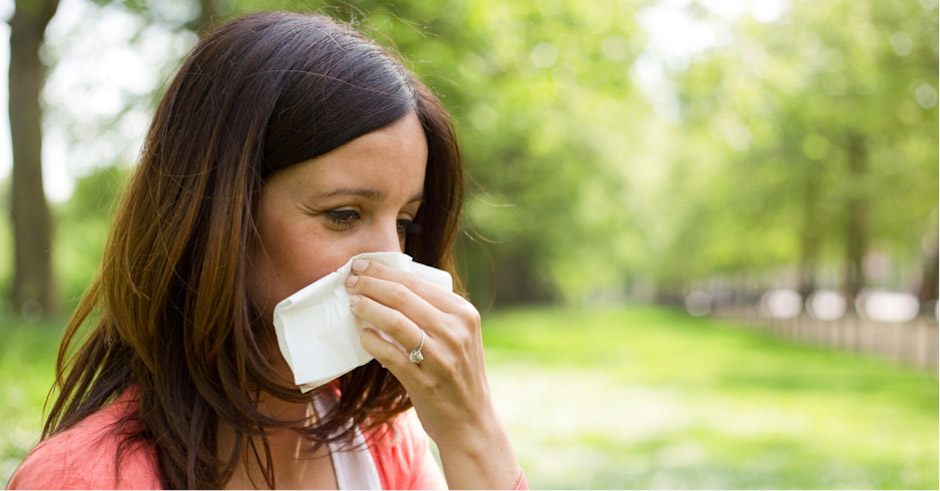Exhausted, shunning all social contact and feeling hopeless? And the cold weather with the constantly overcast sky is not helping either. Have you dismissed it as a case of winter blues? You could be suffering from SAD – seasonal affective disorder. One way of suspecting SAD is if you appear to feel fine mentally in spring and summer and feel depressed only in winter.
What is SAD?
Fortunately for us in Australia, SAD is not as common as depression is. It strikes with greater frequency in countries where winter is severe and the day is very short. That’s because SAD is primarily diagnosed as extreme sensitivity to light. Having said that, GPs do report cases of SAD in colder parts of Australia from mid-autumn to the start of spring. It has now been classified as a mood disorder that strikes in the same season every year and can be accompanied by significant depressive tendencies. While SAD is associated with winter, in rare cases, it could be a summer occurrence, with the person feeling anxious in summer due to excessive light. Usually two consecutive seasons qualifies for a diagnosis. Australia has an incidence rate of 1 in 300 people.
While SAD is still being researched, it is believed to be caused by:
- A disturbance in the sleep cycle. Circadian rhythms can be affected by light.
- A change in melatonin production. Melatonin is hormone produced by the brain and controls our wake and sleep cycle. The amount of melatonin produced depends on amount of light (although some foods like meats and grains do contain miniscule levels of melatonin).
- A change in serotonin production. Scientists have established a connection between lack of this chemical and depression. Serotonin is produced in the brain and intestines (mostly intestines), and controls our mood, social behaviour, appetite, sleep and memory. Serotonin is called the ‘happy hormone’. The serotonin needed by the brain must be produced in it.
What are some tell-tale signs of SAD?
Signs of SAD are like what a lot of people may feel generally in winter. So, there may not be a reason to rush to the GP on the first day you feel low in winter. However, if the symptoms persist for a while and you are unable to shake them off with normal social contact, it is time to note how you feel. Does it fall into a pattern with how you felt same time last year? Is it becoming impossible to meet your social and professional obligations? According to the government organisation, Healthdirect, some symptoms that indicate SAD are:
- Extreme lack of energy
- Excessive sleep
- Increase in appetite and a craving for carbohydrates
- Weight gain
- Anxiety
- Loss of interest in social activities and professional work. It could also manifest in extreme social aloofness.
How is SAD treated?
Primary treatment for SAD revolves around bright light therapy – the medical term for which is phototherapy. It is often combined with psychotherapy and antidepressants.
- Phototherapy comprises some of these methods:
- Lightbox: contains a special fluorescent blue light. It emits a very high intensity light (several times higher than a light bulb) which reduces the secretion of melatonin in the brain. The patient is exposed to this for periods varying from 15 minutes to an hour every day. The light is covered with a special plastic screen to screen out harmful ultraviolet rays. The effect is like natural sunlight. These are usually small boxes that can be kept on a desk or dining table. Most people report better mood in a couple of weeks.
- Dawn lights: These are programmed to switch on early mornings to simulate warmer weather. It is aimed at improving the circadian rhythm and putting the patient on the appropriate winter sleep cycle. There are a few different products on the market, but speak to your GP who will recommend the right one for you.
- Anti-depressants: The range of anti-depressants usually prescribed for normal depression also works for SAD and the right one will be prescribed by your GP.
- Exercise and diet: It is considered normal for most people to exercise less and eat more in winter. But those prone to SAD are advised to be more particular about both. Exercise is known to boost serotonin production and a good diet which swaps simple sugary carbohydrates with slow-burning complex ones is important to avoid spikes and troughs in energy.
You can combat normal winter blues with exercise, a good diet and your usual level of social interaction. But if you feel you can’t shake off your depression, see your GP.




